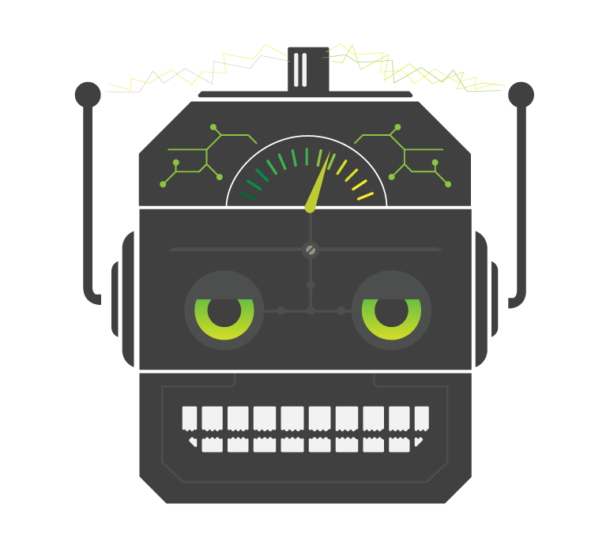
DPL Reading List – October 27, 2017
Here are some of the articles we’ve been reading around this office this week.
AI and the rise of the emotional economy – “As AI agents (whether software applications or physical robots) take on more of our non-emotional tasks, we will begin to value more the things that remain dominated by humans. The emergence of the emotional labor economy will offer us opportunities to provide value in ways that highlight creativity, passion, and empathy.”
Simple Ways to Spot Unknown Unknowns – “We can never completely eliminate our blind spots. But with the strategies above, we can reduce them enough to improve our performance and spare us from the mistakes that — in hindsight — should have been obvious.”
User Investment: Make Your Users Do the Work – “Like all attempts to create absolute rules about how we should interact with technology, the law that design should always decrease the amount of effort users expend doesn’t always hold true. In fact, putting users to work is critical in creating products people love. This will be referred to as “user investment”, or “investment”. Several studies have shown that expending effort on a task seems to commit us to it.”
6 storytelling principles to improve your UX – “Applying storytelling techniques and methods help your UX Design and the process in many aspects. Creating personas, mapping user journey, writing user stories, etc. Last but not least, telling and «selling» your story right helps to buy in your stakeholders.”
The AI That Has Nothing to Learn From Humans – “When teaching beginners, a Go instructor might point out an odd-looking formation of stones resembling a lion’s mouth or a tortoiseshell (among other patterns) and discuss how best to play in these situations. In theory, AlphaGo could have something akin to that knowledge: A portion of its neural network might hypothetically be “sounding an alarm,” so to speak, whenever that lion’s-mouth pattern appears on the board. But even if that were the case, AlphaGo isn’t equipped to turn this sort of knowledge into any kind of a shareable story. So far, that task is one that still falls to people.”
Virtual Reality is About to Get Personal | Very Thoughtful – “’Content from those cameras will be the first really compelling VR content they’ll see because it’s personalized to them,’ Clay says. ‘Imagine being able to give your kids the chance to virtually ‘meet’ a grandparent that passed away before they were born. Personal memories or documentaries are the most interesting application for VR.’”
To Come Up with a Good Idea, Start by Imagining the Worst Idea Possible – “There are many creative tools a designer uses to think differently, but none is more counter-intuitive than “wrong thinking,” also called reverse thinking. Wrong thinking is when you intentionally think of the worst idea possible — the exact opposite of the accepted or logical solution, ideas that can get you laughed at or even fired — and work back from those to find new ways of solving old problems.”



